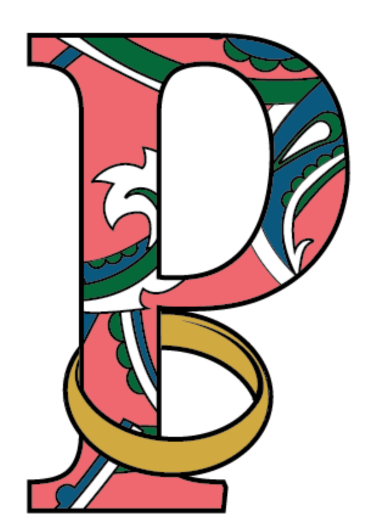The Habits of a New Identity
I’ve had lots of thoughts the last few weeks regarding identity. Of course, here at Paisley Project, Identity is the “I” in L.I.V.E. What stirred this up for me was a short monologue given by a character named Dr. Maggie Bloom, in the series A Million Little Things. Maggie is a therapist who, in young adulthood, lost her brother. In addition she’s undergone treatment for breast cancer. Because she doesn’t know if she has long to live, she doesn’t really plan for the future. After her cancer is in remission, she moves to England and starts saying yes to things she would not have previously done, a thing “British Maggie” does. She starts a podcast:
“So now I’m choosing to live the life that I have always wanted to live. You see, American Maggie was the girl whose brother died, and then she was “cancer girl.” And now she’s just me, a woman doing the fun and risky thing, the thing that I would normally overthink and talk myself out of.”
For the widowed, a new identity is forced upon you, sometimes—as in my case—without any warning. After the fog clears and after you’ve gone through all the “firsts” of being without your husband, you often begin to question “what’s next for me?” It’s a really scary question and at first I asked it only in the privacy of my own mind. For most younger widows, the thought of being single again is foreign and unwanted, but so is being back on the market. Being widowed can become a person’s identity too.
Is this a danger zone? For me I think it caused me to settle into a place that didn’t change and was more predictable. I sought stability. Sad and lonely, but safe!! Sheer exhaustion from being unhappy forced me to think about other alternatives. My brother-in-law was offering an accredited life coaching program. With much fear and trepidation, I signed up. I learned so much during this time through Ted Talks and Brene Brown’s books. Class discussions and the curriculum itself changed the way I see myself and what I have to offer to the world.
All of this has me thinking and acting differently than I would have previously. James Clear who wrote Atomic Habits says that creating habits instead of making goals is a better way to become the person you want to be. You see yourself already as the person you want to be and make your decisions accordingly. If I want to be more fit and healthy while also craving a huge bowl of chocolate ice cream every single night, I ask myself “does Fit Karyl eat that ice cream tonight?” Sometimes the answer is yes. Sometimes I’ll be able to say, “let’s wait until Friday to have that treat!” and make myself a cup of hot tea. I attend the 10:00 am group training at the gym where my daugh- ter is a trainer. I really don’t love working out and I never want to go. But I ask myself “does Fit Karyl opt out?” Working out and making better food choices are becoming a habit for me.
Who do you want to be? Do you want to be creative? Healthy? Social? Accomplished? Do you want to be known as the outdoorsy per- son, the artist, the businesswoman? What habits would best align with the person you see in your mind.
